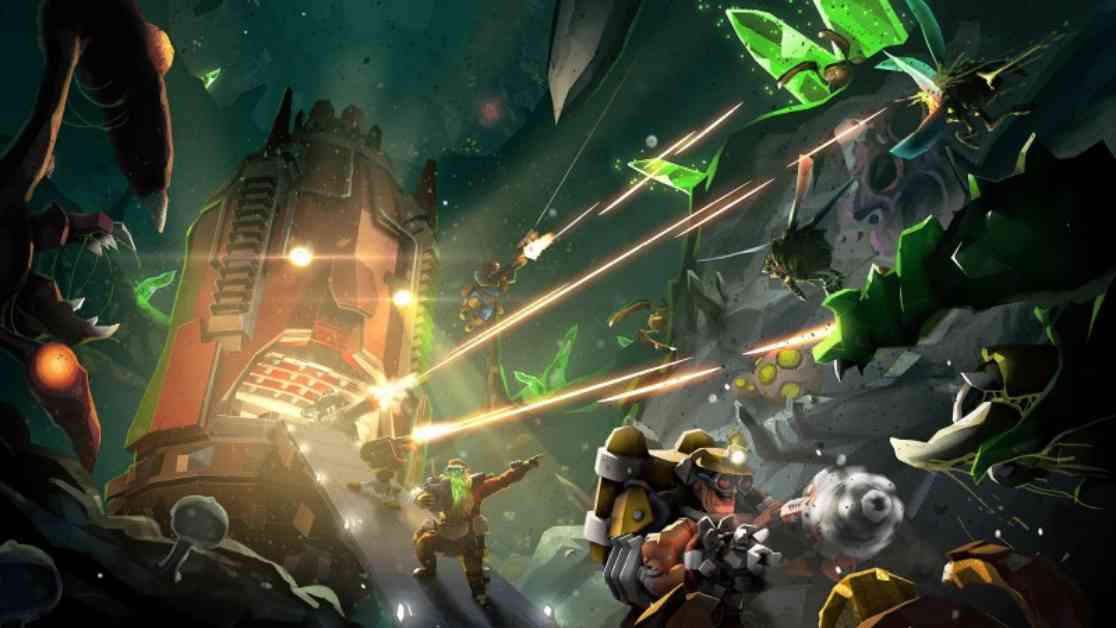The shift in social interaction culture has been evident, especially during the strange years of the pandemic. Many people are left wondering how we will continue to meet up, build relationships, and socialize in the future. For gamers, this question is even more complex as much of their free time is spent in virtual worlds. The concept of the “third place” has long been a part of our lives, providing a social hub outside of home and work. However, with the changes brought about by COVID-19, many traditional social spaces have been altered or lost.
As a result, virtual spaces have become increasingly important in our lives, particularly in the realm of online gaming. Games now serve as their own communities, offering social engagement and interaction comparable to other social activities. Gamers invest countless hours in playing games like Call of Duty, Fortnite, Destiny 2, World of Warcraft, Helldivers 2, and Deep Rock Galactic. These games not only provide entertainment but also opportunities for socializing, strategizing, and building lasting friendships.
Despite the positive aspects of gaming, there is a sense of ambivalence among some gamers. While they cherish the friendships formed through gaming, they also miss the in-person interactions that are less frequent now. Online discussions and communities around games provide a sense of connection, but often these relationships do not translate into real-world friendships. This raises questions about whether gaming can truly replace traditional social gathering places and fulfill the same social needs.
It is important to recognize that gaming can offer valuable connections and opportunities for social interaction. However, it is also essential to strike a balance and not rely solely on gaming for social engagement. Humans have a natural need for connection, and we can find community in a variety of places, whether it be through games, virtual spaces, or traditional gathering spots.
Ultimately, finding a middle ground is key. Embracing the connections that gaming can provide while also seeking out real-world interactions is crucial for maintaining a well-rounded social life. Gaming should be seen as a supplement to, rather than a replacement for, traditional social activities. By acknowledging the value of both virtual and real-world connections, we can ensure that our social needs are met in a balanced and fulfilling way.
















